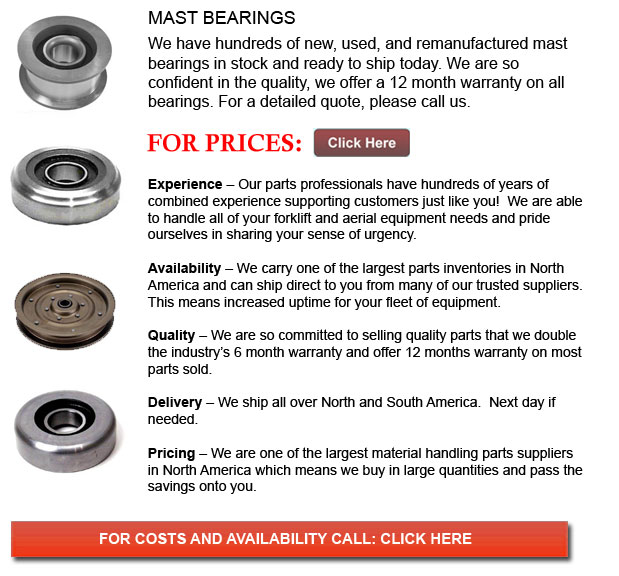
Mast Bearings - A bearing allows for better motion among at least 2 components, typically in a linear or rotational procession. They may be defined in correlation to the flow of applied loads the could take and in accordance to the nature of their utilization.
Plain bearings are extremely widely utilized. They utilize surfaces in rubbing contact, usually together with a lubricant like for example graphite or oil. Plain bearings may or may not be considered a discrete tool. A plain bearing may comprise a planar surface that bears one more, and in this case would be defined as not a discrete tool. It may have nothing more than the bearing surface of a hole along with a shaft passing through it. A semi-discrete example would be a layer of bearing metal fused to the substrate, while in the form of a separable sleeve, it will be a discrete gadget. Maintaining the proper lubrication allows plain bearings to be able to provide acceptable friction and accuracy at the least cost.
There are other bearings which can help enhance and cultivate efficiency, reliability and accuracy. In many applications, a more suitable and exact bearing could better operation speed, service intervals and weight size, therefore lessening the whole costs of operating and buying equipment.
Bearings will differ in materials, shape, application and required lubrication. For instance, a rolling-element bearing will make use of drums or spheres among the components so as to limit friction. Less friction gives tighter tolerances and higher precision compared to plain bearings, and less wear extends machine accuracy.
Plain bearings are normally made from different kinds of plastic or metal, depending on how dirty or corrosive the surroundings is and depending on the load itself. The type and utilization of lubricants can considerably affect bearing lifespan and friction. For example, a bearing could function without any lubricant if continuous lubrication is not an option as the lubricants could draw dirt which damages the bearings or tools. Or a lubricant can enhance bearing friction but in the food processing business, it can require being lubricated by an inferior, yet food-safe lube so as to prevent food contamination and ensure health safety.
Nearly all bearings in high-cycle uses require some cleaning and lubrication. They could require regular adjustment in order to minimize the effects of wear. Some bearings could require infrequent maintenance in order to avoid premature failure, although fluid or magnetic bearings can need not much preservation.
Extending bearing life is normally achieved if the bearing is kept clean and well-lubricated, even though, various types of use make consistent repairs a difficult job. Bearings located in a conveyor of a rock crusher for instance, are constantly exposed to abrasive particles. Frequent cleaning is of little use for the reason that the cleaning operation is pricey and the bearing becomes dirty once more once the conveyor continues operation.
![]() Click to Download the pdf
Click to Download the pdf
Forklift Parts
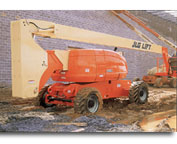
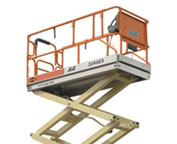
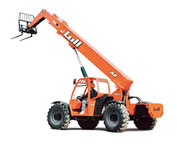
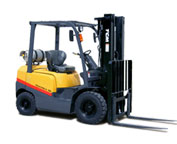
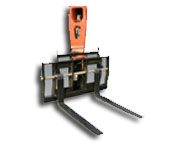
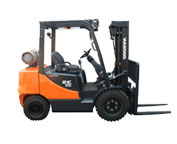
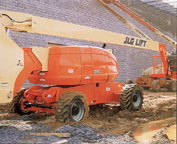
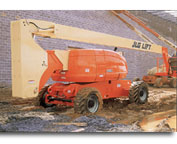
Lift Parts Express
TOLL FREE: 1-888-695-7994
forkliftpartssouthcarolina.com
Email Us
About Us


